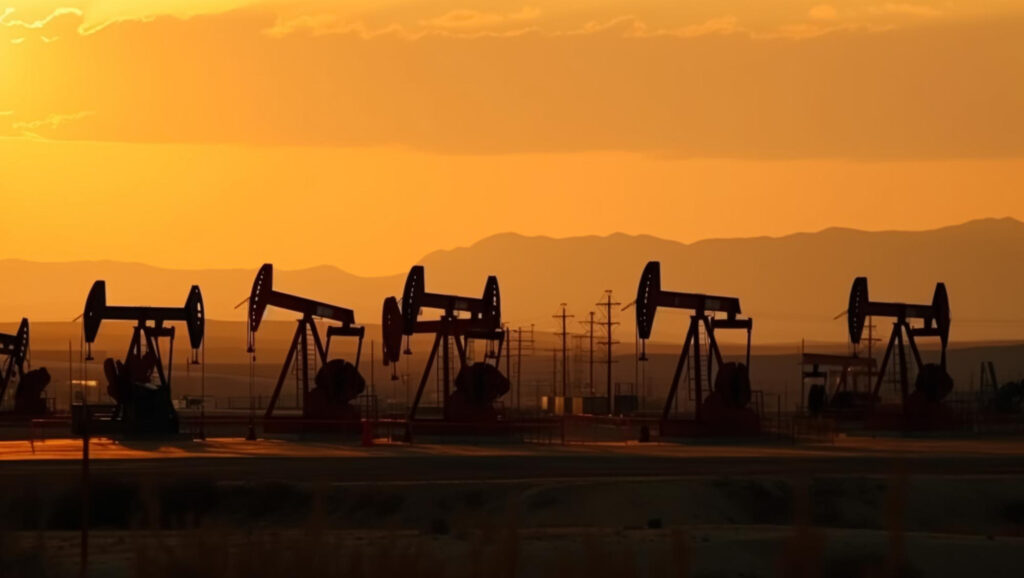Crude Oil
The oil industry plays a crucial role in fueling the global economy, powering transportation, manufacturing, and countless other sectors. As a finite resource, the responsible extraction, production, and consumption of oil are essential to meeting both current and future energy demands.
At Blockstream, we are committed to using advanced technologies and innovative methods to extract oil safely and efficiently. Our approach prioritizes minimizing environmental impact while ensuring that this vital resource continues to support economic growth and development for generations to come.


What is Oil Trading?
Oil trading involves the buying and selling of crude oil and its derivatives in financial markets. Traders speculate on the future price movements of oil, aiming to profit from fluctuations in supply, demand, geopolitical events, and economic trends. Oil can be traded in various forms, including futures contracts, options, and exchange-traded funds (ETFs). This type of trading plays a crucial role in the global economy, influencing everything from energy prices to international relations.
What is the Oil Spot Price?
What are Oil Options?

